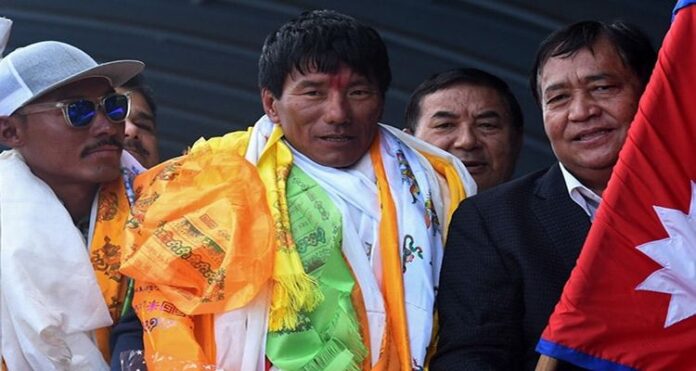| Translate This News In |
|---|
Starvation and sickness threaten Basti Ahmad Din’s 400 inhabitants, a small Pakistani community engulfed in floodwater as a result of heavy monsoon rains. However, they have rejected requests to leave. According to locals who spoke to AFP, leaving for a relief camp might mean the women of the hamlet mixing with males outside of their families, which would be against their “honor.”
There is no voice for the women of Basti Ahmad Din.
This summer’s catastrophic monsoon rains, which are attributed to climate change, submerged large areas of Pakistan, leaving residents like those in Basti Ahmad Din to struggle with the loss of their homes and means of subsistence.
The Rohan region of Punjab province’s Basti Ahmad Din contains 90 dwellings, more than half of which have been completely destroyed.
When the rains began in June, cotton crops surrounded the village; today, they are rotting in flooded fields, and the gravel road that once led to the closest city is three meters (10 feet) underwater.
The only method for the locals to get beyond the town to buy food and supplies is in rickety wooden rowboats.
Additionally, their operators charge far higher fares than customary, which makes them expensive.
The families of Basti Ahmad Din have finally agreed to pool and ration whatever wheat and wheat they were able to save after the rains because they have an alarmingly low amount of food remaining.
The locals have been begged by numerous volunteers who visit the town to deliver humanitarian packages to leave for their safety, but to no avail.
Women are subject to a strict code of so-called honour in many areas of Pakistan, a conservative nation that is extremely patriarchal.
It drastically restricts their ability to move about and, if at all, engage with men outside of their families.
Women may even be executed for bringing “shame” to the family by mingling with men or selecting their spouses over those of their relatives.
Additionally, this law might entirely cut off women and girls from vital necessities like food and medical care in a catastrophic event like the floods in Pakistan.
The men of Basti Ahmad Din travel by pricey boat once a week to the closest relief camp for assistance and supplies rather than taking their families.
The village elders, who are all men, claim that only “emergencies” like poor health make it appropriate for women to depart.
Natural calamities are excluded, and an elder by the name of Mureed Hussain claimed that they did not flee during the most recent, devastating floods in 2010.


















